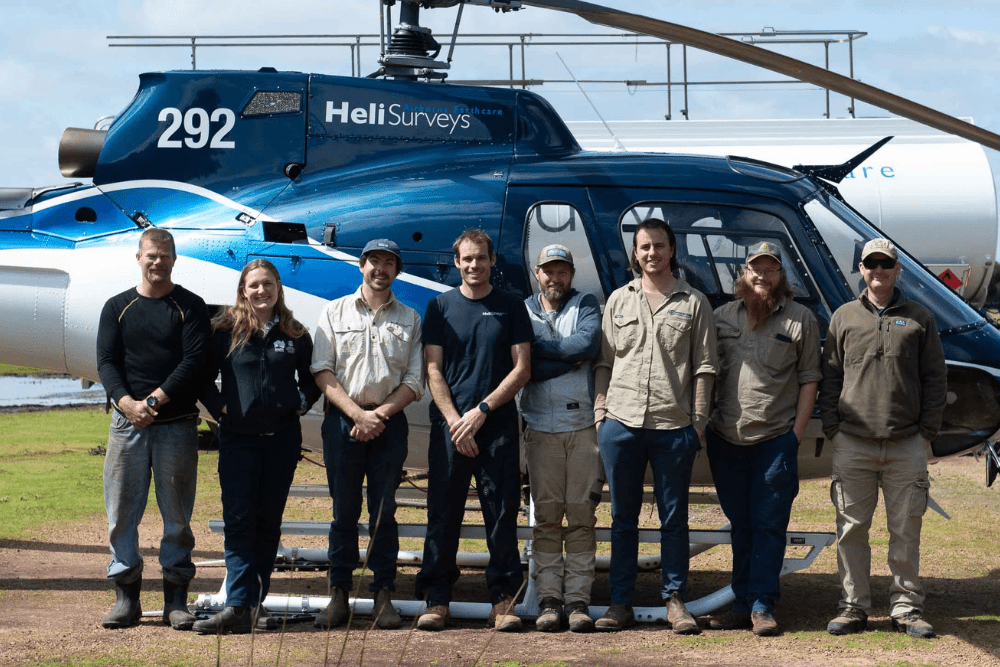2022 Australian Biosecurity Awards - Government
Department of Primary Industries and Regions, South Australia
The Department of Primary Industries and Regions, South Australia (PIRSA) has received a 2022 Australian Biosecurity Award in the Government category for their role in the Kangaroo Island (KI) Feral Pig Eradication Program.
The program took advantage of the devastating 2019–20 bushfires to bring the community together to fight a common threat – feral pigs. The program is delivered in partnership with the KI Landscape Board and KI National Parks and Wildlife Service. The eradication would not be possible without the extensive local knowledge from the KI Landscape Board, who previously eradicated feral goats and deer from the island.
The KI Feral Pig Eradication Steering Committee oversees the program. Committee members include representatives from livestock industries, local organisations, government, conservation managers and the RSPCA. The program applies innovative approaches to feral pig control, population monitoring, program planning and implementation, and community engagement. The committee estimates that fewer than 50 feral pigs remain on KI and that all feral pigs will be eradicated by July 2023.
Feral pigs can spread exotic, endemic and zoonotic diseases, such as foot-and-mouth disease, African swine fever, Japanese encephalitis and Q fever, to other animals and humans. Feral pigs degrade crops and pastures, spreading weeds and predating livestock. Nationally, they also put 148 species of threatened flora and fauna at risk.
The program began after bushfires burned through almost 50% of KI’s landmass and decimated the feral pig population from around 5,000 to less than 1,000. Those remaining were grouped in small unburnt areas with limited food, which created an opportunity to eradicate them.
As of 30 January 2023, 871 pigs have been culled using a combination of thermal-assisted aerial culling (TAAC), baiting, trapping and ground shooting. TAAC is a ground-breaking tool that is effective in areas with vegetation. It uses military-grade thermal imaging to scan large areas to detect pigs via their heat signature. The program also uses eDNA monitoring to detect feral pigs in waterways.
A network of over 300 artificially intelligent 4G cameras is used to detect the pigs – the largest network in Australia. The system filters through images and alerts the ground team in real-time when a feral pig is detected, enabling the team to rapidly locate and cull feral pigs. Members of the public are also reporting feral pig sightings and signs through the Squeal on a Pig program.
The Department of Primary Industries and Regions, South Australia was nominated by Heather Channon from Australian Pork Limited.
Watch a video about their work
Photos
View Original | AusPol.co Disclaimer
